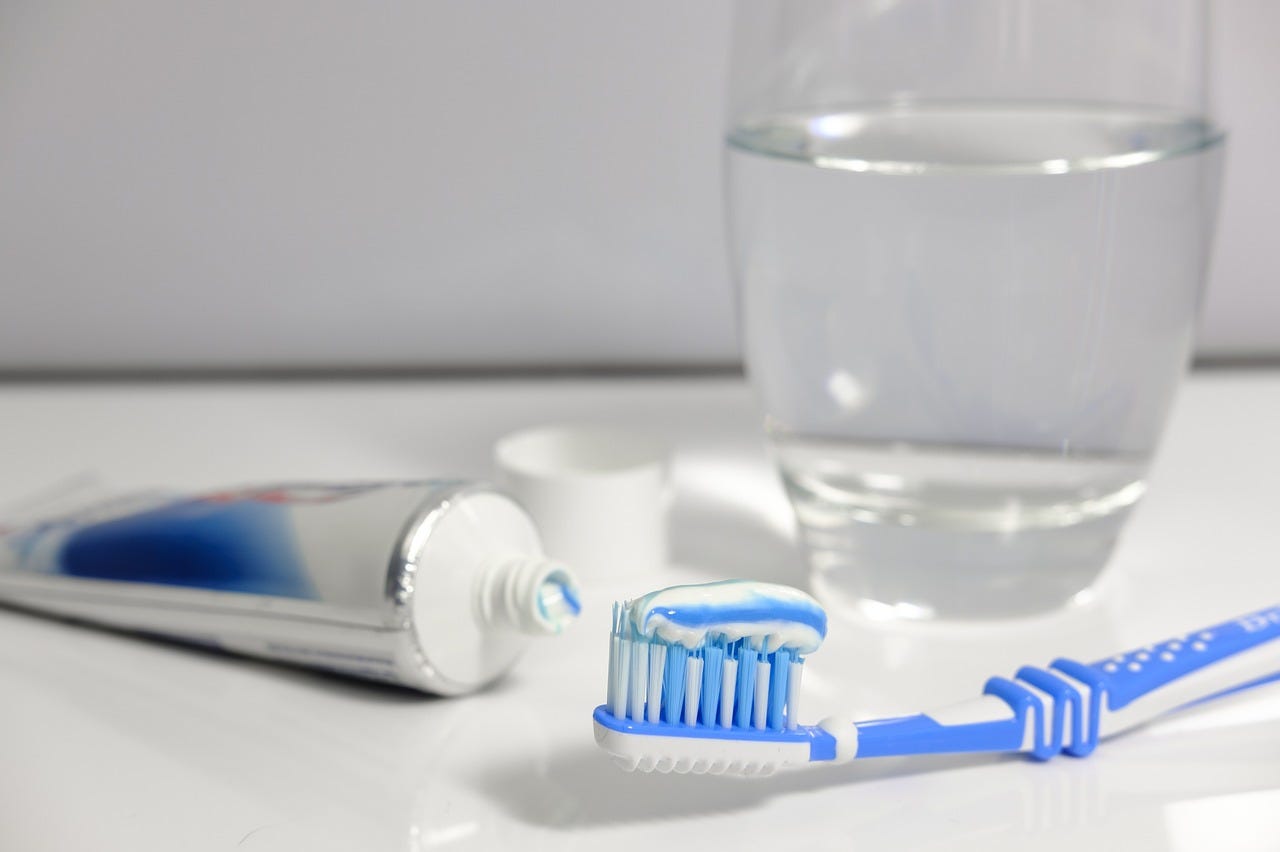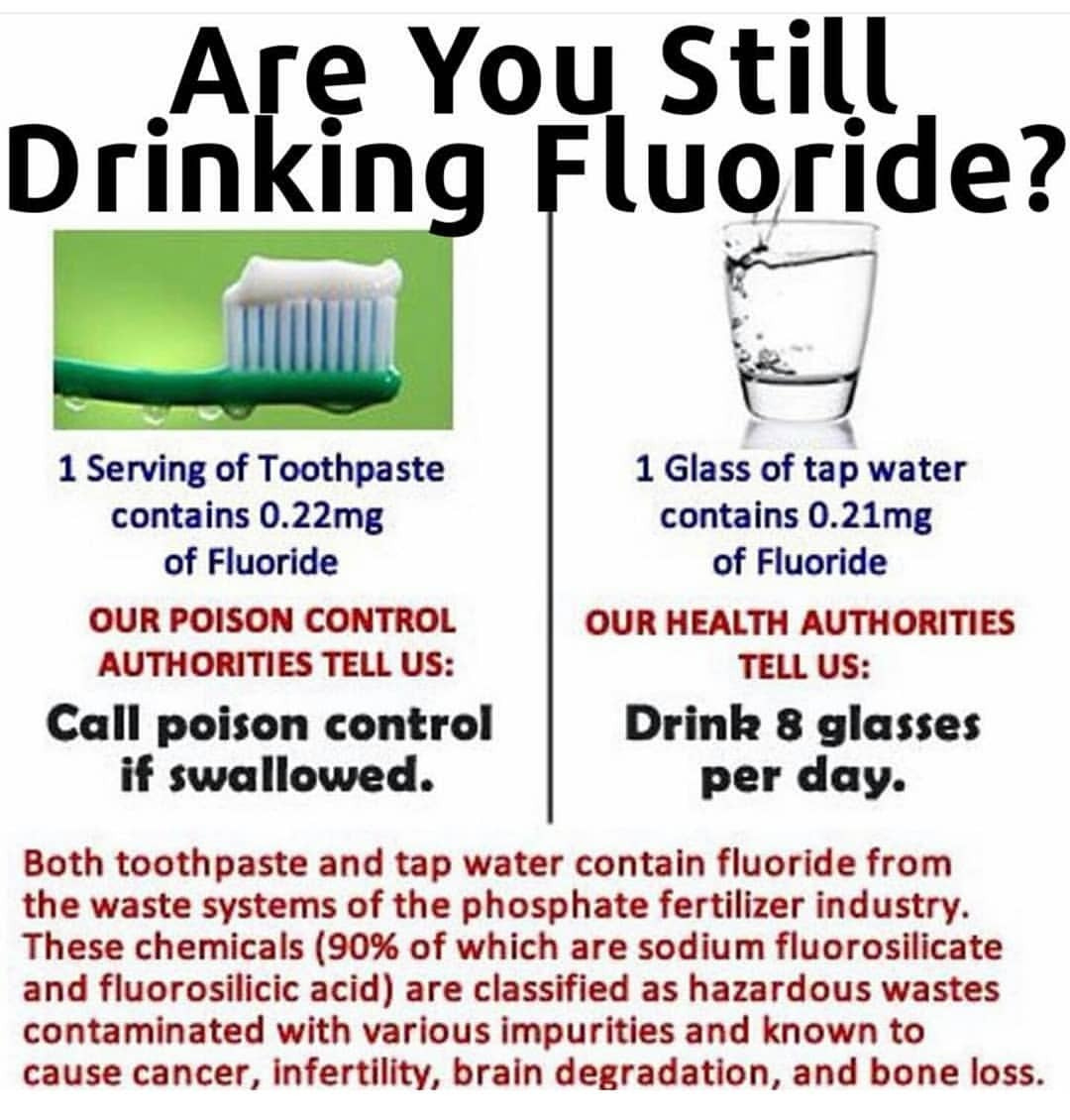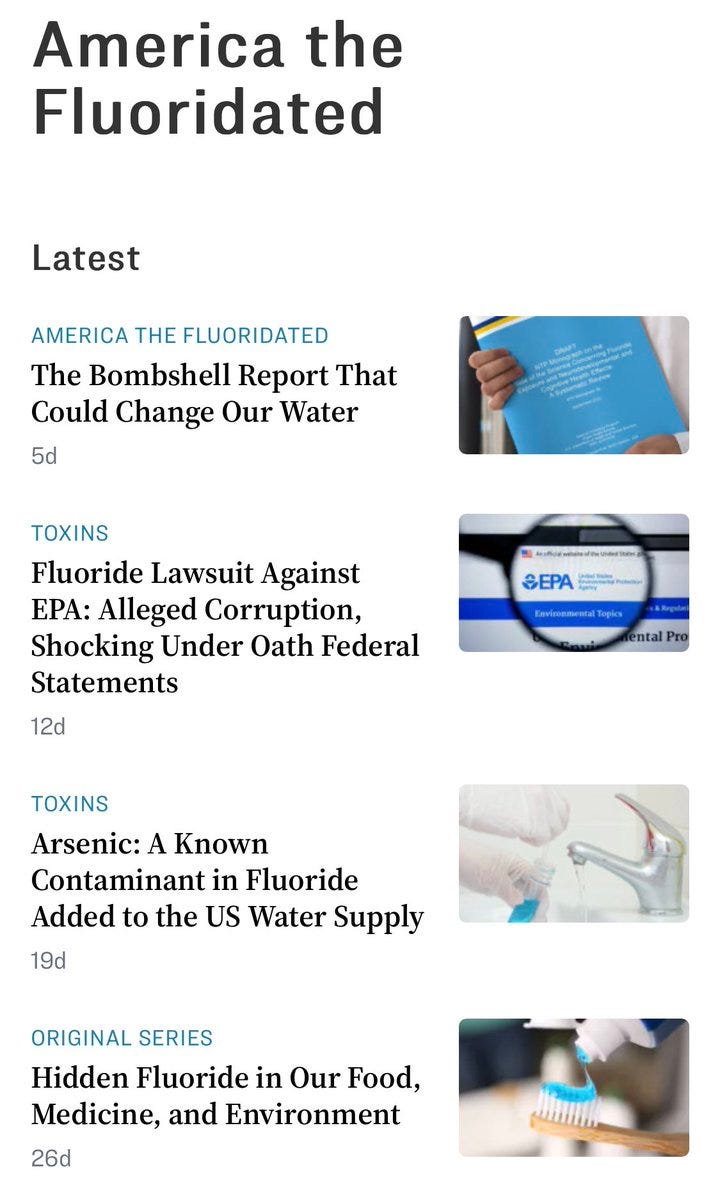Unpacking Fluoride's Toxic Impact on Health
According to estimates, 73 percent of the US population has its drinking water fluoridated. In Canada, 45 percent of Canadian residents are exposed to fluoridated water. In comparison, only 5.7% of the world’s population has their public water supply fluoridated.
Health Canada says fluoride helps prevent tooth decay, strengthens tooth enamel, lowers the amount of acid in your mouth and rebuilds minerals that make teeth stronger. But is this true?
The Fluoride Controversy
Artificial water fluoridation is a controversial public health intervention involving adding a fluoride compound (usually hexafluorosilicic acid) to public drinking water.
In 1945, U.S. studies were conducted to determine the impact of fluoridated water on dental caries prevention and health. The results appeared to demonstrate a positive effect of water fluoridation, with claims of a reduction of dental caries by up to 60 percent. However, these findings have been criticized for major methodological flaws, including data cherry-picking and selection bias. Despite these criticisms, and before the final results of these studies were known, the US Public Health Service adopted the 1 ppm dose and supported the widespread introduction of community water fluoridation in 1950.
Fast forward to today and the dominant narrative is that water fluoridation is safe and effective. Advocates claim strong scientific support and the endorsement of major dental and public health bodies as evidence of its effectiveness. However, key questions remain regarding the efficacy and safety of ingested fluoride. [Journal List].
Consider this:
In terms of acute toxicity, fluoride is more toxic than lead but slightly less toxic than arsenic. This is why fluoride has long been used in rodenticides and pesticides to kill pests like rats and insects. It is also why accidents involving over-ingestion of fluoridated dental products–including fluoride gels, fluoride supplements, and fluoridated water–can cause serious poisoning incidents, including death.
However, given the way fluoride is used today, we need to examine it in the context of chronic toxicity. This means understanding the dose of fluoride that, if regularly consumed over an extended period of time, can cause adverse health effects.
Via FluorideAlert.com:
A study led by a California public health official and long-time advocate of water fluoridation omitted data that contradicted its conclusion that fluoridated water is not associated with reduced IQ, according to documents obtained through Public Records Act requests.
Do public water fluoride concentrations affect memory and learning?
Via Environmental Health:
Within the brain, fluoride appears to accumulate in regions responsible for memory and learning… The MCLG [maximum contaminant level goal] for fluoride (4 mg/L)… is clearly not protective of adverse effects on the brain, especially in regard to early-life exposures…
Out of the 18 studies that provided the water-fluoride concentrations, 13 found deficits at levels below the MCLG, with an average elevated level at 2.3 mg/L, the lowest being 0.8 mg/L [4]…. and extend the documentation of cognitive deficits associated with only slightly elevated exposures.
Research tells us that fluoride can cause many more health issues, as reflected in the current database at fluoridealert.org:
Final Analysis
Can we trust health authorities on the fluoride safety issue? Given the significant dangers associated with its use, as well as the COVID-19 overreach of the past three years, the credibility of Public Health authorities should be seriously questioned.
The growing opposition against fluoride was highlighted by The Epoch Times in their stellar series, “America the Fluoridated”, which painstakingly details the fight to get this poison out of America’s water systems. (@FluorideAction)
Here are some tips for reducing your exposure to fluoride:
Use fluoride-free toothpaste and mouthwash.
Stop drinking fluoridated water: Consider using a reverse osmosis, deionization, or distillation system to remove fluoride. Note that deionization filters need to be monitored continuously, and distillation removes essential minerals. (theepochtimes.com)
Use bottled water: Opt for bottled water with low fluoride levels, as natural spring waters tend to have the least amount of fluoride. Contact the bottler to inquire about fluoride levels in the water.








